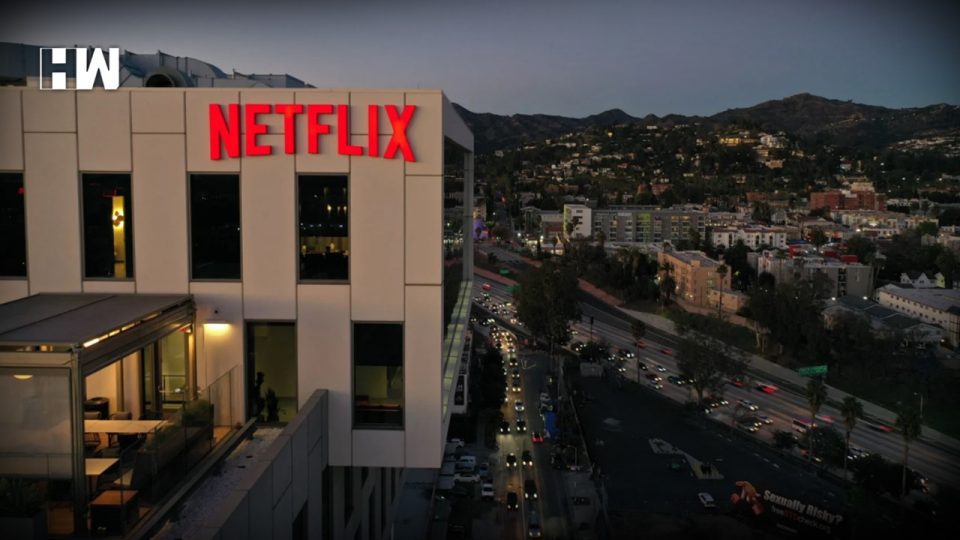When the company began experiencing rapid cancellations, Netflix remained indifferent toward people sharing their login credentials with their friends and family.
In the first quarter of 2022, Netflix reported a net loss of 200,000 subscribers. This marked its first decline in over a decade, and the streaming behemoth’s share prices are at an all-time low.
The company lost over 700,000 subscribers due to its withdrawal from the Russian market in an act of condemnation of the country’s conflict in Ukraine. Still, the company has largely attributed its net loss of paying subscribers to a hike in the price of all its subscription plans within the U.S., Canada, and the U.K., as well as the practice of free password sharing. According to Netflix, over 100 million people use somebody else’s account and are not paying viewers. Until recently, when the company began experiencing rapid cancellations, Netflix remained indifferent toward people sharing their login credentials with their friends and family. But perceptions have flipped, and the company now views these freeloaders as an untapped consumer base that can replenish its declining subscriber pool via a crackdown on password sharing. A study conducted by Variety Intelligence Platform indicated that a sizable percentage of people would be willing to buy their own Netflix subscriptions if forced to. But, the findings are limited in their utility as the number of people relying on password sharing was minute within an already small sample—143 out of 504. However, it is interesting to note that older generations, as well as the much younger Gen Z, had a larger percentage of those willing to buy a subscription relative to millennials.
Aside from attempting to monetize password sharing in a “consumer-centric” manner by asking subscribers to pay a small additional fee to do so, the other major update Netflix is planning to implement by the end of 2022 is low-cost subscription plans that will be supported by advertisements. I think the latter could prove to be relatively more beneficial to both the company and consumers who do not mind some ads for a lower price, especially if we consider a converse route Netflix could have chosen to go down: I would go as far as calling it sleazy if instead, the company chose to make ads a default across the platform, and then alter its subscription tiers to make its subscribers pay an additional fee to avoid those ads, not unlike YouTube Premium.
Essentially, their chosen approach will provide their subscribers with an additional choice instead of restricting them in a classic, corporate and capitalistic fashion.
Regardless of that, however, both of these major changes would provide only short-term boosts to subscriber numbers if Netflix continues to neglect the most significant reasons why people are canceling their subscriptions—a lack of good content, in combination with the company’s mentality and flawed business model.
Over time, Netflix has become notorious for frequently canceling shows loved by viewers and praised by critics in an unanticipated and cutthroat manner, often after just a single season. This often disappoints viewers, since most season finales end on cliffhangers, and the shows are not given the well-deserved opportunity to mature. Most people would assume that these shows were dropped because they weren’t profitable, but in reality, it’s because of the company’s aforementioned business model. Netflix prioritizes new subscriptions over renewals, deciding to renew shows for additional seasons based on how many new subscribers they bring to their service rather than how many existing subscribers watch them and love them. They choose to pump out new and “fresh” content, hoping that at least one out of a hundred new releases will catch on and be the next Squid Game, making people buy a subscription to their service to watch the show everybody is talking about.
Additionally, Netflix’s determination to stick to its iconic binge-watching model doesn’t help keep subscribers around either. Considering that the platform has only a small handful of renowned shows like Squid Game or Stranger Things every year, releasing all the episodes at once provides a person who is subscribing to the service for just the one show no incentive to renew their subscription. Since most people will easily binge-watch 8 to 12 episodes in a week or two, they will simply cancel their subscription after they are done. However, if Netflix followed a traditional one- episode-a-week format, not only would an inconsistent subscriber have to keep their subscription for as many weeks as there are episodes, but the buzz surrounding the show would stay in the limelight for significantly longer, perhaps even drawing in more subscribers.
At this point, the platform is saturated with lone seasons of incredibly well-written, directed, and acted shows, which were all abandoned in the company’s tragically consistent prioritization of quantity over quality. It is perhaps the most rudimentary of corporate issues that for some
reason, companies like Netflix continue to disregard while instead resorting to strange measures like cracking down on password sharing, which at the most will only slow their inevitable decline.
As an independent media platform, we do not take advertisements from governments and corporate houses. It is you, our readers, who have supported us on our journey to do honest and unbiased journalism. Please contribute, so that we can continue to do the same in future.

